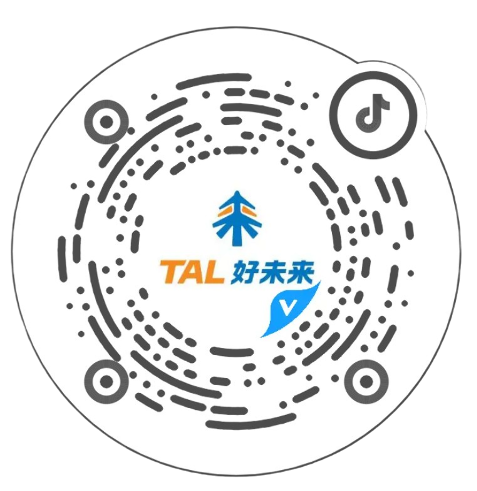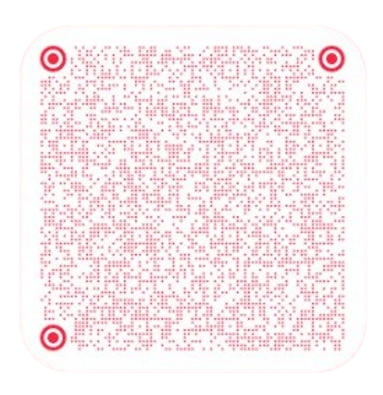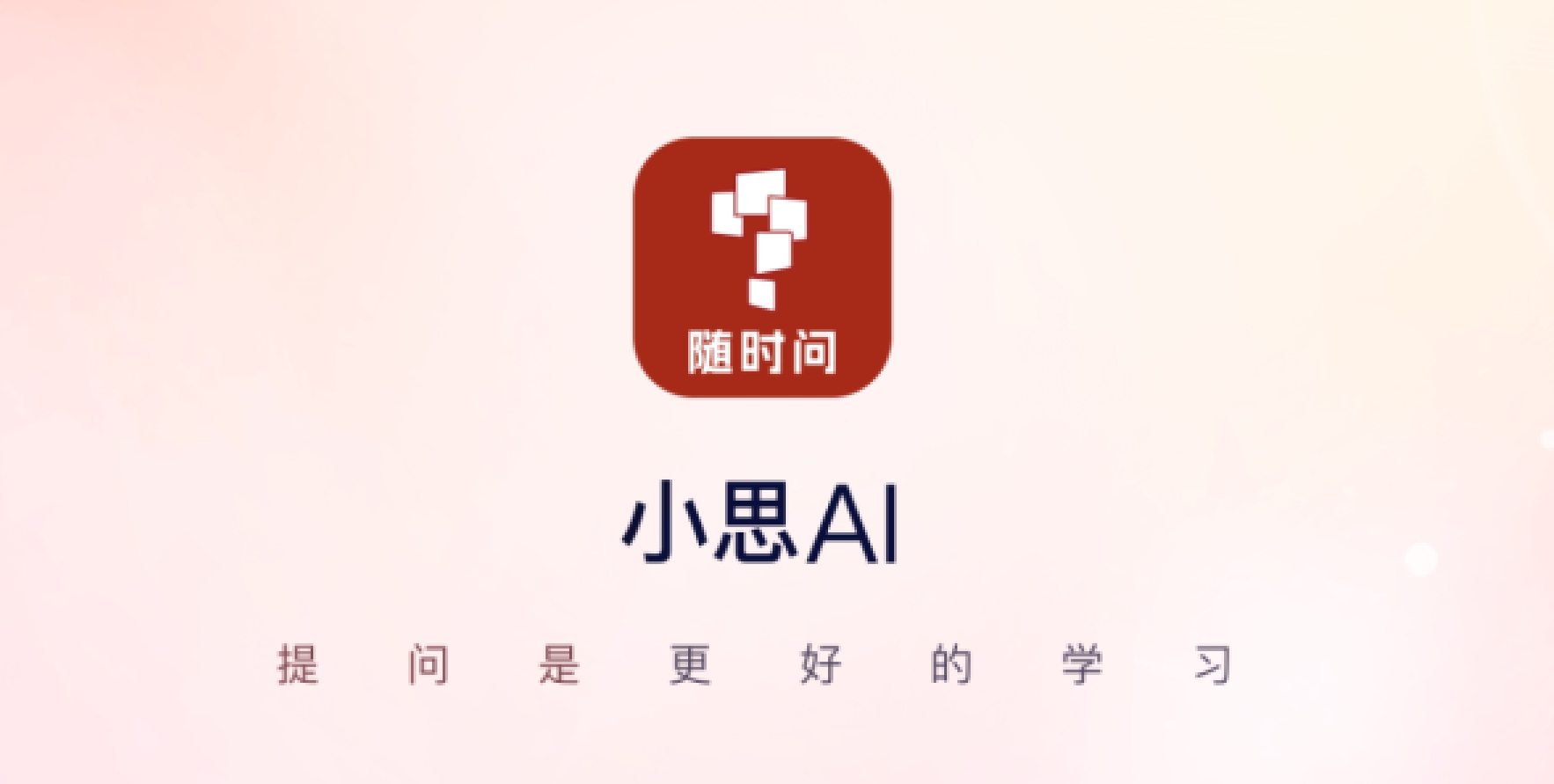




In recent years, the intelligence and digital transformation of the education field has advanced steadily. As a key driving force, Educational Intelligence (EI) has gradually permeated critical scenarios such as teaching assistance, evaluation and examination, as well as academic assessment, providing efficient solutions for the education sector. To promote the healthy and sustainable development of the industry, the China Academy of Information and Communications Technology (CAICT) Artificial Intelligence Research Institute worked with multiple industry units to jointly develop technical standards for educational intelligence.
In August 2025, Beijing Century TAL Education Technology Co., Ltd. participated in the CAICT-organized education intelligence evaluation. As one of the first educational intelligence products to undergo assessment, its product, Xueersi AI Thinkie 1-on-1 Super Educational Intelligence, successfully passed the evaluation and received a 4+ rating (the highest level in the industry).
The educational intelligence evaluation is based on the technical standard "Requirements and Assessment Methods for Intelligence - Part 12: Educational Intelligence," which covers 3 competence domains, 6 competence sub-domains, and over 20 capability items. The technical standard focuses on the core needs of the education industry, forming an application maturity evaluation method for educational intelligence, enabling stakeholders to measure the application effectiveness of educational intelligence and promoting the upgrading and optimization of educational intelligence products.

(Image: XiaoAI APP)
The product under evaluation was the Xueersi AI Thinkie 1-on-1 Super Educational Intelligence V3.0. The Xueersi AI Thinkie 1-on-1 Super Educational Intelligence is an intelligent assistant based on AI technology. It leverages natural language processing and knowledge graph technology to analyze mathematical and logical problems, literary texts, and English grammar. By providing step-by-step explanations and logical guidance, it fosters cognitive skills. The AI supports multimodal data interactions, AI-enabled homework correction, and other diverse functions. It can record learning data, generate personalized plans based on behavior models, sense student status, and provide appropriate feedback. Combined with multimodal input interaction, it creates an intelligent learning environment.
The educational intelligence evaluation focuses on capability support, scenario richness, and application maturity, providing standards and guidelines for foundational competency, advanced competency, in-school scenarios, out-of-school scenarios, service maturity, and service security, as outlined below:
from:https://www.news.cn/digital/20250820/ec1222b80b444d3c9427e8dec38e1bd6/c.html